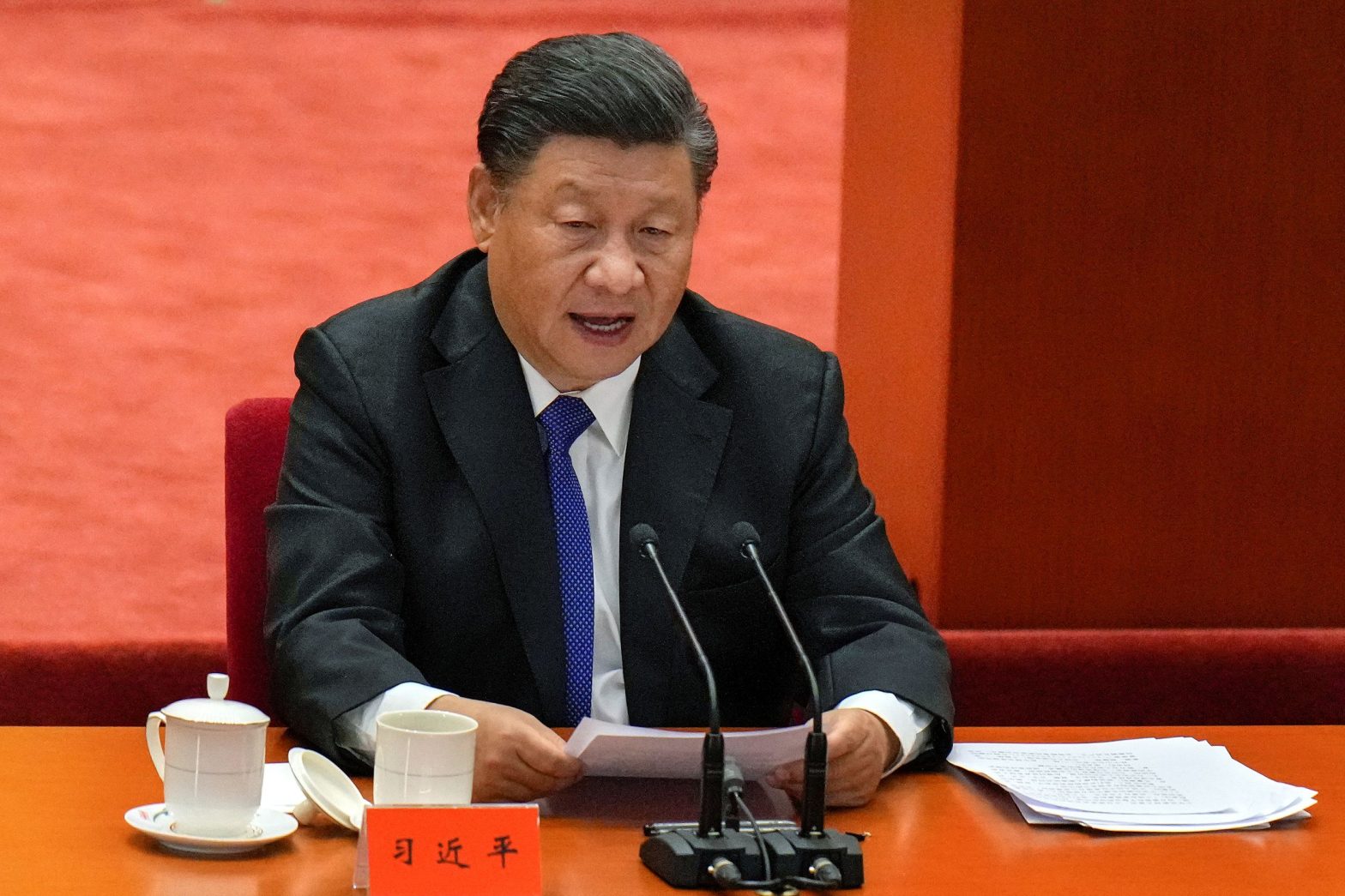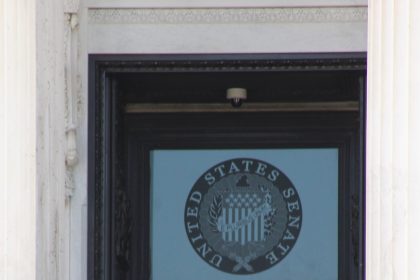Congress Told China’s Artificial Intelligence Represents a Threat to US

WASHINGTON — Cybersecurity experts urged a congressional panel Thursday to act quickly to keep pace with threats posed by China’s development of artificial intelligence.
The alternative is a U.S. military, business community and technology sector that fall far behind China’s effort to dominate the world’s economy, they said.
The potential of artificial intelligence for “transforming the world as we know it” presents challenges that require new “rules of the road,” said Rep. Hank Johnson, D-Ga.
Among the rules discussed at the House Judiciary Subcommittee on Courts, Intellectual Property and the Internet are standards for protecting the privacy of individuals, intellectual property rights and military secrets.
As AI increasingly becomes a top tier technology in international competition, “leading in development alone is not sufficient,” Johnson said.
AI, also known as machine learning, can generate realistic text, images and other media from data inputted into computer models. Generative AI models learn the patterns and structure of their training data and then generate new data that has similar characteristics.
It also could break any code and “completely neuter cybersecurity systems,” said Rep. Darrell Issa, R-Calif., chairman of the Subcommittee on Courts, Intellectual Property and the Internet. The cybersecurity systems could include voting systems, potentially allowing hackers to choose who wins U.S. elections.
The cybersecurity experts said China often does not compete fairly, even if it means breaking into U.S. computer systems.
“China is trying to cheat its way into the top of industry in the 21st century,” said Benjamin Jensen, a senior fellow at the International Security Program at the Center for Strategic and International Studies. “The scale of the theft is staggering.”
He said one in five U.S. corporations have had their intellectual property stolen, most commonly from agents of the Chinese government. Intellectual property normally refers to the patents and copyrights that grant exclusive legal rights to inventors and authors to earn profits from their innovations.
The greatest risk of theft falls on the small businesses that make up 44% of the U.S. economy, Jensen said.
In addition to businesses, the Justice Department and U.S. military bases have traced computerized infiltration back to the government of the People’s Republic of China. China also is blamed for a disinformation campaign on social media that says the Maui, Hawaii, fires that killed 98 people in August were caused by U.S. military weapons tests.
Congress is trying to figure out new strategies to confront the problem.
One suggestion discussed at the hearing was an international treaty and collaborative effort to block AI intruders.
Lawmakers also discussed the need for more funding as China outspends the United States by nearly 3-to-1 on its AI workforce, equipment and development programs. The U.S. government plans to spend $5.5 billion on AI next year while China is spending $14.75 billion.
“Congress must play a role to enact the right governance structure,” said John Brennan, general manager of the data management firm Scale AI.
Several bills are pending in Congress that seek to balance cybersecurity against the risk of government interference that might inhibit technology development. They focus on protecting data that could be stolen and used by adversaries in AI models.
Brennan predicted that attempts to use disruptive AI against U.S. interests would continue despite the best laws and regulations.
“You should just expect it all the time,” he said.
Rep. Jerrold Nadler, D-N.Y., said he hoped antagonism with China over data theft would not turn into hate campaigns against the 8.7 million Asian Americans.
You can reach us at [email protected] and follow us on Facebook and Twitter
























